UK firm ZeroUSV has achieved a series of firsts during NATO’s REPMUS and Dynamic Messenger 2025 exercises in Portugal, the company stated.
The Plymouth-built Oceanus12 uncrewed surface vessel became the first USV to autonomously launch and recover a thin-lined towed acoustic array without human involvement. According to ZeroUSV, this task previously required pre-deployment or manual handling.
The vessel has also been deploying four G-sized sonobuoys daily using the company’s prototype SOnor Integrated Launch (SOIL) system, with deployments now in the double digits. Over the course of the exercise, Oceanus12 has logged more than 40 operational hours at sea with full uptime, which the company highlighted as evidence of reliability and cost efficiency compared with crewed vessels.
Matthew Ratsey, founder and managing director at ZeroUSV, said: “Achieving the first fully autonomous launch and recovery of a towed array is a landmark moment, not just for ZeroUSV but for naval operations worldwide. Demonstrating that this can be done entirely uncrewed, safely and reliably, shows how far the technology has come. When combined with extended endurance, reduced fuel costs and seamless sensor deployment, Oceanus12 is proving what uncrewed systems can deliver now, today in real-world NATO missions.”
REPMUS, hosted by the Portuguese Navy off the Tróia Peninsula and Setúbal Bay, is NATO’s largest annual trial of uncrewed naval systems. More than 20 allied nations, defence primes and innovators are testing how autonomous and crewed fleets can operate together in live missions.
Oceanus12 was upgraded ahead of the event with sonar, radar and communications payloads. Its autonomy software stack was developed by Marine AI. ZeroUSV stated that the 12-metre vessel will remain in Portugal throughout September for further integration and live demonstrations.
ZeroUSV was formed from a collaboration of companies with more than five decades of marine design and engineering experience, including contributors to the Mayflower 400 autonomous transatlantic voyage.


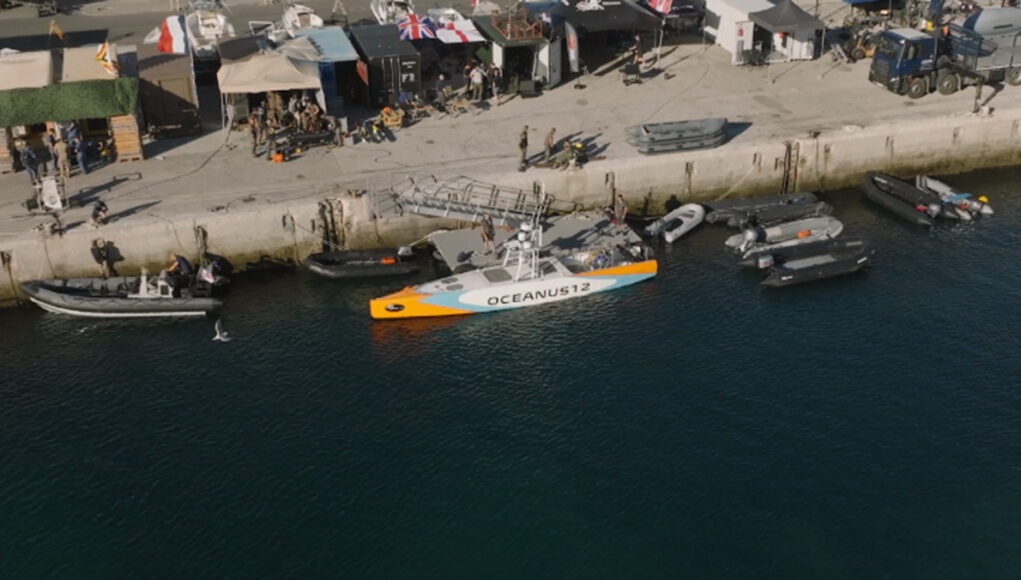
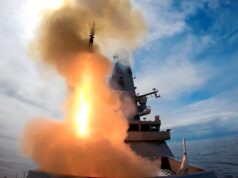
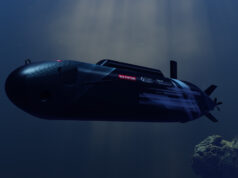
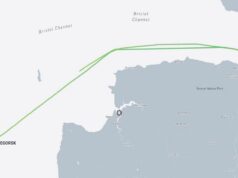
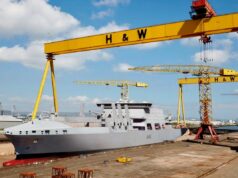
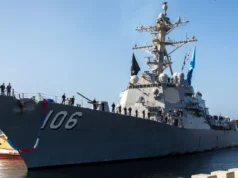
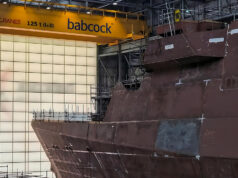
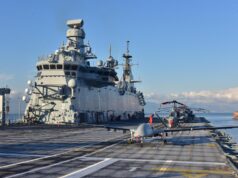
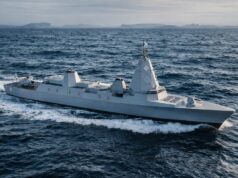
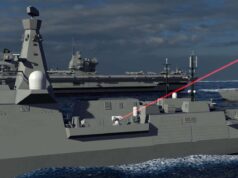
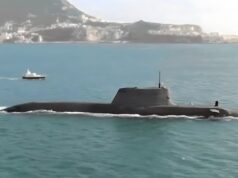

What does O.C.E. ANUS stand for ?
Operations worldwide , could it do the Iceland/ Greenland gap or the Faroes/ Iceland gap in winter ? Just wondering that old saying ” Don’t put all your eggs in one basket” .A good idea for reduction of manpower, but has it been trialed in all sea states ?